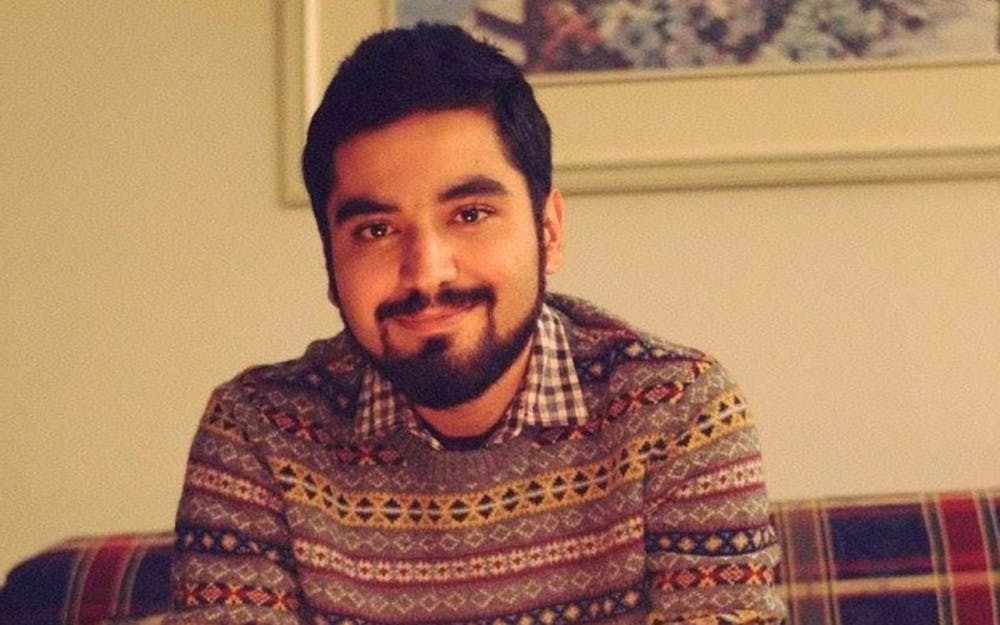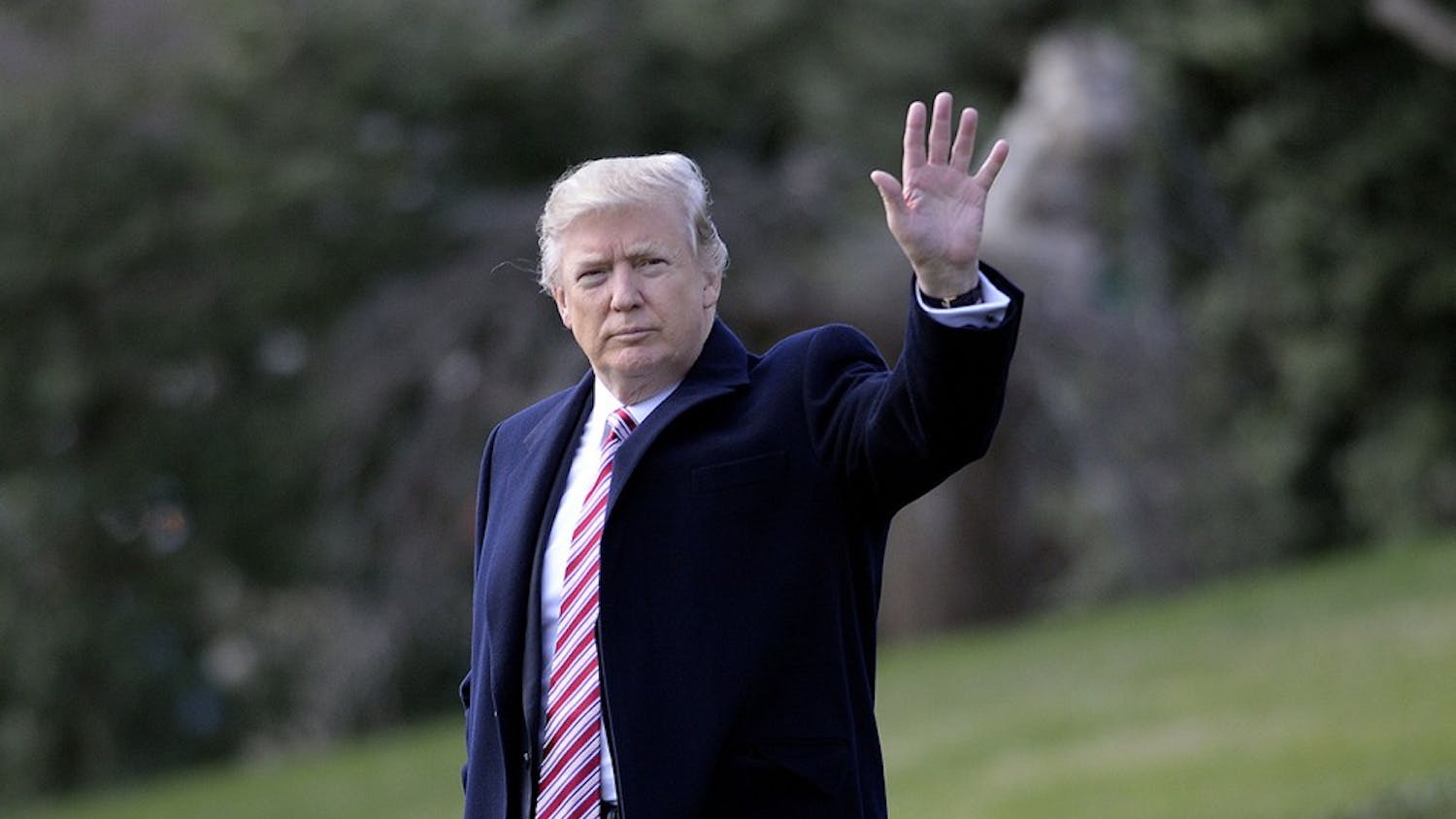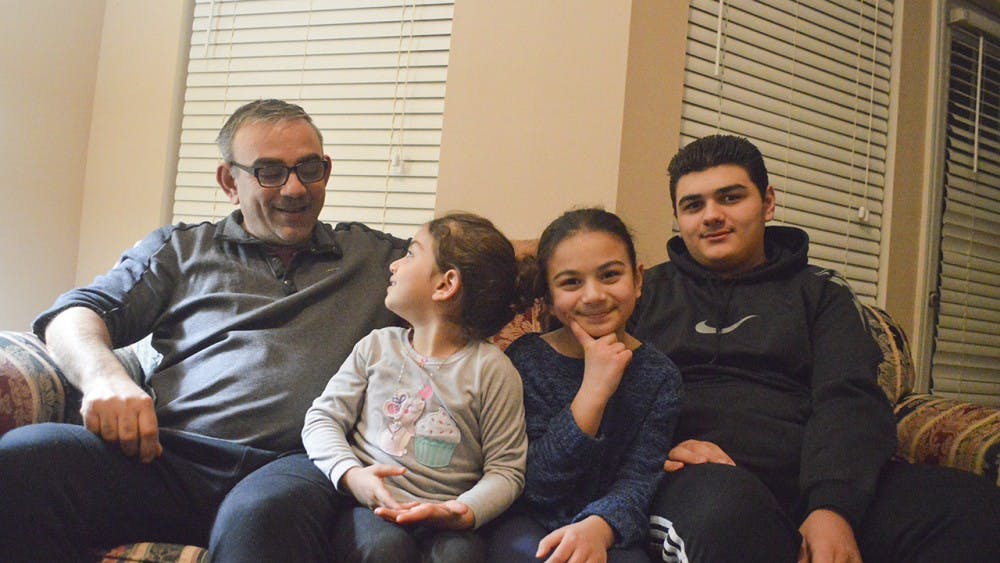It has been 1,263 days since IU graduate student Masoud Kamalahmadi has been home to see his family and friends. Kamalahmadi said he was planning a trip home to Iran this summer to visit his family, most of whom he has not seen in three and a half years.
However, he will no longer be able to do so after President Trump’s executive order, which bans travel to and from Kamalahmadi’s home country. The order has been under debate since it’s implementation, currently questioned by a federal judge.
This ban will keep Kamalahmadi from visiting home this summer, there have been many obstacles keeping him from traveling to Iran in the past, he said.
Kamalahmadi said more often than not Iranian students receive a single entry visa, which means it expires as soon as they enter the United States. In order to travel out of the country, they are required to apply for another visa.
However, because there is no Iranian embassy in the U.S., individuals must travel to an embassy in another country to complete an interview, which is about five minutes long, he said.
The length of time students wait to receive their visa is arbitrary. Some students receive their visa soon after applying while others must wait two years, he said.
“Basically, when you go to the U.S., you assume you will not be back to Iran until you finish your study,” Kamalahmadi said.
Under some circumstances, student may be given a multiple entry visa, which allows them to travel home and back for two years.
“If I go back and apply again I should get multiple entry,” Kamalahmadi said, “I mean, before the executive order. I will get zero entry now,” he said.
Kamalahmadi said he is working toward his Ph.D. in operations management in the Kelley School of Business. He aspires to be a professor but said he is now uncertain of his career options in the U.S.
“I don’t see any future potential changes for this problem that has happened because Iran and America have no diplomatic ties,” he said, “Iran responded by banning all Americans from entering Iran.”
Although Kamalahmadi said he knows there are not many Americans who want to travel to Iran, the response from the Iranian government speaks volumes about future relations between the two countries.
Kamalahmadi said the travel ban has been difficult for him, but he knows there are people who have been more affected by it and cited individuals who have been separated from their spouses.
The amount of support Kamalahmadi has received since the travel ban has been phenomenal, he said.
The Iranian government will not be willing to give in to the United States’ demands with the academic names, Nobel Prize winners and CEOs of big companies who have spoken out against the executive order, he said
“I think — I hope — that these types of objections will change the policy, but from the government perspective, I am not sure,” he said.






